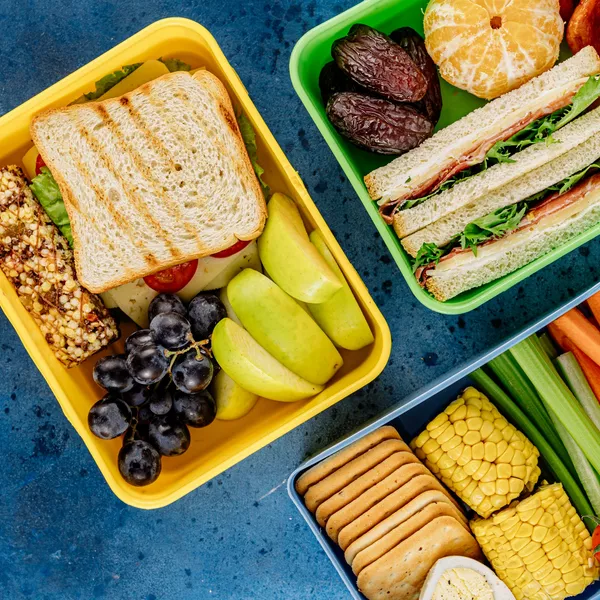There are many reasons why low carbohydrate diets have become so popular.
Implementing a low carb diet: energy
Since the re-emergence of the Atkins diet in the mid-90s, there has been a cultural push toward reducing carbohydrate to manage energy intake and weight. As carbohydrates are a key nutrient that fuels your body, removing or reducing high carbohydrates food can reduce your energy intake.
For example, if you swap from having one cup of cooked basmati rice with your dinner (approx. 400 calories) to 1 cup of cauliflower rice (approx. 40 calories), the energy content of your meal reduces and can contribute to an energy deficit, which is required for weight loss.
While this sounds encouraging, it’s important to remember that your overall energy intake is an essential component to weight loss. If you end up consuming lots of fat and protein-rich foods instead of carbohydrates, and your total energy intake is too high, long-term, sustainable weight loss won’t be achieved, regardless of how low your carb intake is.
Managing type 2 diabetes
One of the most promising aspects of the research into low carbohydrate diets is that they appear to improve markers of insulin resistance. Several reviews of the dietary approaches to manage type 2 diabetes indicate that moving from a moderate or high carbohydrate diet to a low carbohydrate diet can improve blood glucose control and even push diabetes markers into remission.2,3
As with any dietary pattern, the results will only last as long as we continue that dietary pattern. This is why it’s important to work with a dietitian to determine the right load of carbohydrate that can be sustained within your lifestyle, and avoid falling for myths about diabetes and nutrition.
Ketogenic diet
‘Keto’ or a ketogenic diet is a common reason why people are looking for low carb options. A ketogenic diet is very low in carbohydrate (less than 10 per cent of energy coming from carbohydrates) and it requires the elimination of a range of healthy whole-food groups including grains, legumes, fruit, starchy vegetables and dairy products. The removal of these foods can have implications for gut health, nutrient deficiency and metabolic health, which is why it’s important to consult with a healthcare professional before commencing a restrictive dietary pattern.









